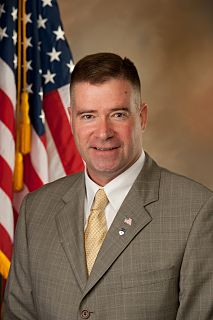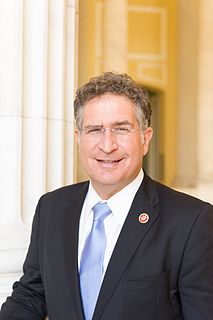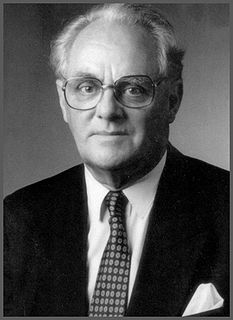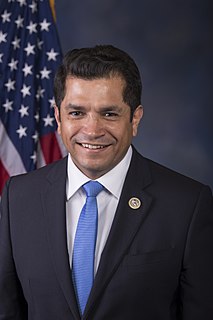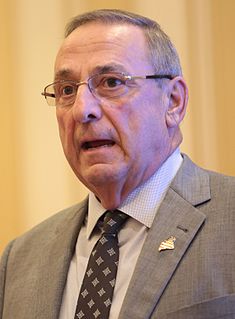Top 35 Aca Quotes & Sayings
Explore popular Aca quotes.
Last updated on April 14, 2025.
My biggest fear, that 27 percent of Americans under 65 have an existing health condition that, without the protections of the Affordable Care Act, would mean they would - could be automatically excluded from insurance coverage. Before the ACA, they wouldn't have been able to get insurance coverage on the individual market, you know, if you're a freelancer or if you had a small business or the like.
The Affordable Care Act is a huge problem. [Repealing the ACA is] going to have huge implications. We have millennials that live in Boston that are on their parents' health insurance. The businesses have hired them and have been able to hire more people because they have been able to be on their own health insurance. We have seniors in our city who have preexisting conditions, or something called a "donut hole," which is a prescription drug [gap] in Medicare. Whatever changes they make could have detrimental effects on people's health care, but also on the economy.
In the 2012 election, Obamacare, as it's called, and I'll be more polite - the ACA ...was a major issue in the campaign. I campaigned all over America for two months, everywhere I could. And in every single campaign rally I said, 'We have to repeal and replace Obamacare.' Well, the people spoke. They spoke, much to my dismay, but they spoke. And they reelected the President of the United States.
There are several problems with the ACA's reliance on means-based inclusion criteria and mandatory participation in exchanges - the complexity of the exchange mechanism, and the potential for income-based subsidies to become a disincentive to earn if insurance rates escalate for those beyond the income threshold.
I served on the committee in the U.S. House that wrote the Affordable Care Act. I defended it back home in endless town halls. I got elected to the Senate, and when no one wanted to stand up for the ACA in its early days, I took up the cause, going to the Senate floor nearly every week to extol its virtues.









